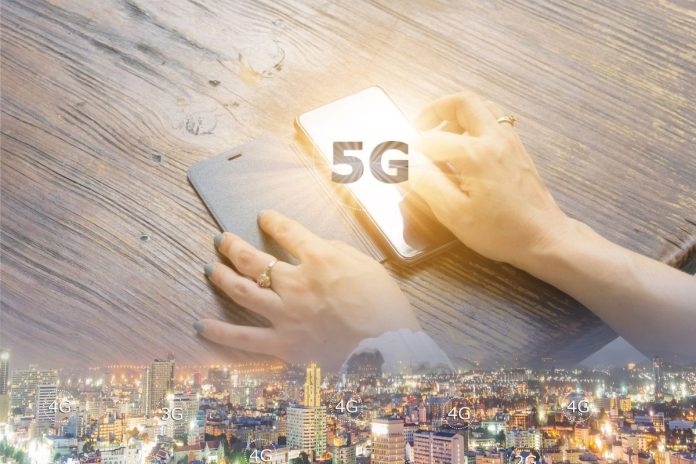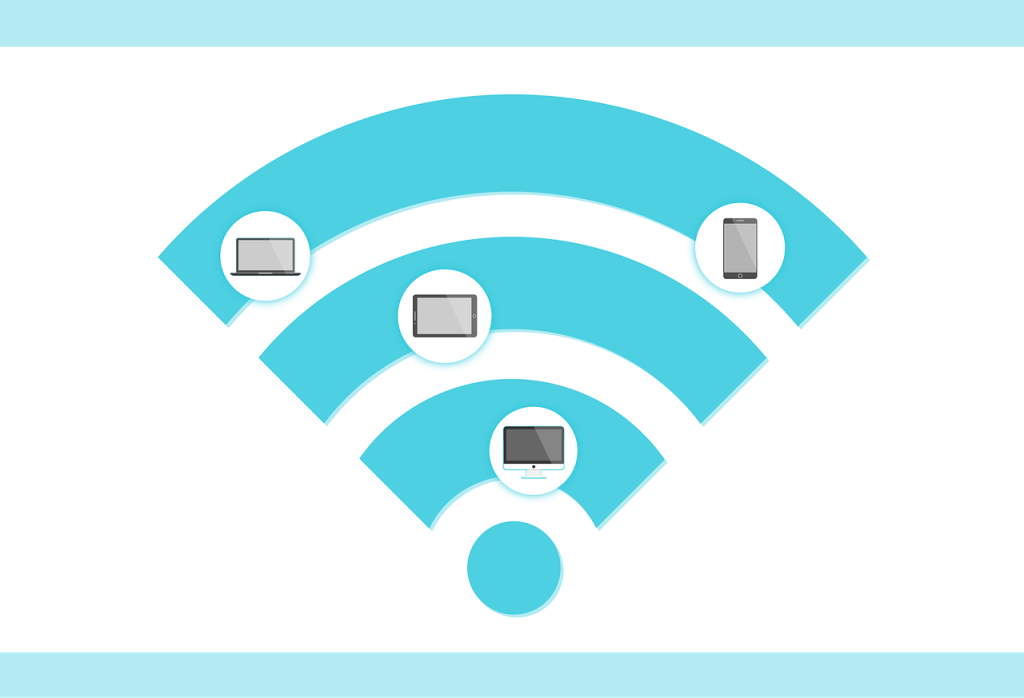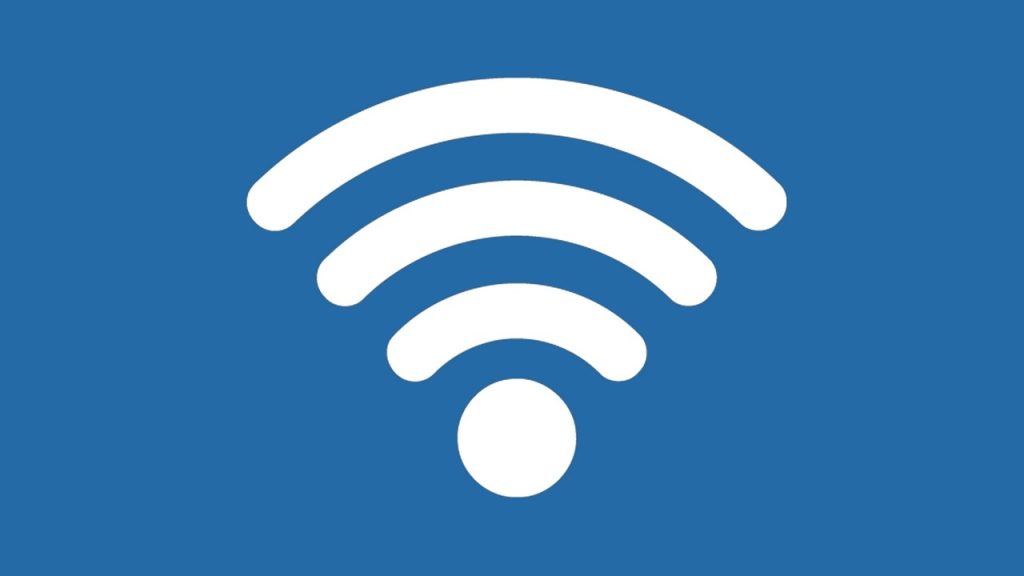In this post, I will answer the question: Do signal boosters make your cellular data safer? People rely on mobile data more than ever…for banking, work, messaging, and accessing sensitive apps.
When reception drops, users often turn to cell signal boosters. But does boosting your cellular signal also make your data safer? Let’s explore the facts.
Table of Contents
How Signal Boosters Work and What They Amplify
Signal boosters don’t create signal-they capture weak signals from nearby cellular towers and rebroadcast them in your home, car, or office. A typical setup includes:
- An outdoor (donor) antenna that grabs existing cell signals
- An amplifier that strengthens the signal
- An indoor antenna that rebroadcasts amplified reception
Boosters operate within strictly defined power limits and must meet regulatory standards. They support existing communication protocols-they don’t add layers of encryption or change how data travels through networks.
Do Boosters Actually Improve Cybersecurity?
Enhancing signal strength does not inherently secure anything. Lawful interception, encryption, and packet-level protections happen at the carrier and application layers-not at the physical signal level. So a booster by itself doesn’t encrypt data or block malicious traffic.
However, weaker signals force phones to transmit at higher power, which may increase electromagnetic emissions. Boosters reduce that output, improving performance and lowering unwanted exposure.
In other words: boosters don’t protect your data from hackers, but they can reduce your phone’s radiation emissions.
READ ALSO: Decoding Spectrum Analyzers: Essential Tools for Modern Electronic Measurement
Risks of Unsafe or Unlicensed Boosters
Modern boosters adhere to strict FCC guidelines and automatically shut off if they cause interference. Still, unlicensed or poorly designed boosters can create serious issues:
- They may interfere with Medicare, emergency services, or other people’s calls.
- They may disrupt carrier infrastructure if feedback loops or oscillation occur.
- They may fail to shut down on their own, violating safety rules
Unless you’re using a certified and properly registered system-like a well‑known commercial model-you may risk signal blackouts or regulatory violations.
When Boosters Can Indirectly Support Data Integrity
While boosters don’t directly protect data, they improve connectivity in ways that can indirectly reduce risk:
- Stronger signal reduces dropped connections that might corrupt sensitive transmissions.
- Less retransmission means fewer opportunities for packet loss or session errors.
- More stable performance discourages the use of insecure fallback methods like public Wi‑Fi when cellular fails.
Still, these benefits depend on good installation and positioning-boosters misplaced or poorly configured may actually weaken performance, not stabilize it.
How to Choose a Booster Safely
Secure installation and certified hardware matter:
- Always buy boosters that are FCC-approved (look for FCC or IC compliance).
- Register your booster with your wireless provider. U.S. rules require registration, and proper devices automatically comply.
- Have a technician verify proper antenna spacing to prevent feedback loops that could disrupt cell towers.
Reputable vendors typically detail supported frequency bands and repeat testing results. For example, SureCall Signal Booster is a known option that meets certification standards and supports multiple carriers. (Mentioned here just once as requested.)
What Signal Boosters Don’t Do
It’s important to understand what boosters won’t provide:
- They don’t add encryption, VPN support, or secure tunnels.
- They don’t filter malware or scanning traffic.
- They don’t protect against SIM‑cloning, phishing, or app‑level vulnerabilities.
If you need real data protection, you still rely on strong passwords, 2FA, HTTPS, carrier encryption (like LTE/5G), and network-level tools-not just boosted reception.
Signal Boosters and Health – Setting Myths to Rest
Some users worry that adding a signal booster increases EMF exposure.
In reality:
Boosters typically emit far less power than the phone itself. Some measure only 10 mW, while phones may use hundreds of milliwatts. In weak‑signal areas, phones ramp up power to connect, increasing output. Using a booster reduces that power need, resulting in lower overall exposure.
Leading health bodies like WHO and NIH have confirmed that non‑ionizing radiation from phones remains within safe exposure limits when devices comply with regulations.
Balancing Signal Convenience and Cyber Hygiene
In summary: a signal booster doesn’t directly make your cellular data safer, but it improves network quality, which can indirectly support reliable, secure sessions.
For real data safety, you need proper device hygiene and encryption. Stick with certified boosters, register them, and combine them with standard security practices.
Takeaway
Boosting your cell signal helps ensure stable connectivity, reduces dropped calls and retransmissions, and may lower phone emissions. But it doesn’t encrypt or secure your data. Treat signal boosters as performance enhancers-not cybersecurity tools.
Always choose FCC‑approved models, register them, and pair them with strong security hygiene. That’s how you get better reception and maintain safe data practices.
INTERESTING POSTS
- How To Prevent Car Hacking Like A PRO!
- Full BullGuard Premium Protection 2025 Edition Review
- Exclusive Interview With Bob Baxley, CTO Of Bastille Networks
- Best Mobile Browser for Android, iOS and Windows Phones
- Do I Need Antivirus App On Android Phone?
- What Are the Benefits of Outsourcing to an IT Support Company?
- Big Unlock: Buying Cheap Wildcard SSL Certificates in 2025
About the Author:
Daniel Segun is the Founder and CEO of SecureBlitz Cybersecurity Media, with a background in Computer Science and Digital Marketing. When not writing, he's probably busy designing graphics or developing websites.








